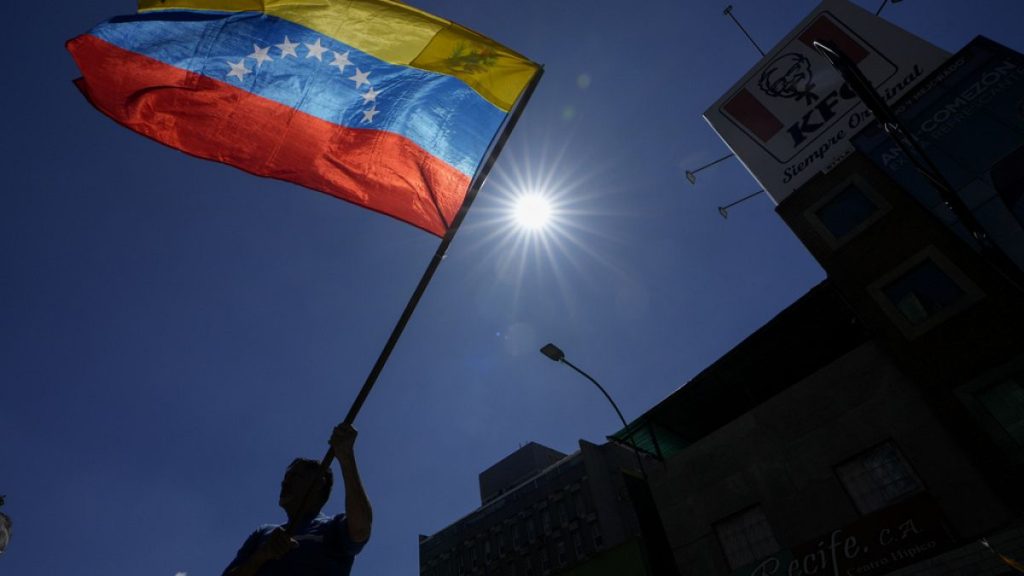The Venezuelan consulate in Lisbon, Portugal, was the target of an attempted firebombing on Saturday night, January 11, 2020. While the device, described as a “Molotov cocktail,” caused minor material damage to the building’s exterior, no injuries were reported. Lisbon’s Metropolitan Public Security Police responded to the scene, establishing a security perimeter and summoning the fire brigade. The case was subsequently transferred to the Judicial Police for further investigation. The attack, characterized as largely symbolic, occurred just days after the contested inauguration of Venezuelan President Nicolas Maduro for a second six-year term.
The attack on the consulate comes amidst a backdrop of escalating political tension in Venezuela. Maduro’s re-election has been widely disputed by the Venezuelan opposition and much of the international community, who allege irregularities and a lack of transparency in the electoral process. Opposition leaders, including Edmundo Gonzalez and Maria Corina Machado, have denounced the inauguration as a “coup d’état,” further exacerbating the political divide. Machado herself was briefly detained following a protest aimed at preventing Maduro’s swearing-in ceremony. The incident in Lisbon reflects the polarization and unrest surrounding Maduro’s continued presidency.
The Venezuelan government responded swiftly to the attack, condemning it as an act of “fascism” and vowing that such actions would not deter the “Bolivarian Revolution.” Foreign Minister Yván Gil attributed the attack to “unbalanced groups,” reiterating the government’s commitment to its political agenda. The Portuguese Ministry of Foreign Affairs also condemned the attack and promised increased security measures at the consulate, reflecting international concern about the escalating tensions surrounding the Venezuelan political crisis.
This attack occurs within a broader context of increasing international isolation for the Maduro regime. Several former Latin American leaders, including former Colombian presidents Álvaro Uribe and Iván Duque, have publicly discussed the possibility of international intervention in Venezuela. These discussions, while not representing official policy, highlight the growing concern about the political and humanitarian crisis unfolding in the country. Maduro has responded defiantly, asserting his preparedness to “take up arms” if necessary to maintain power, and emphasizing his alliances with Cuba and Nicaragua, as well as China, Russia, and Iran.
Maduro’s reliance on these alliances underscores the complex geopolitical landscape surrounding the Venezuelan crisis. While these countries offer political and economic support to his regime, much of the international community remains critical of his leadership. This has led to increasing isolation for Venezuela, exemplified by recent border closures. Just prior to his inauguration, Maduro ordered the closure of border crossings with Colombia, and similar measures are planned for the Brazilian border. These actions further restrict the movement of people and goods, exacerbating the existing humanitarian challenges faced by the Venezuelan population.
The attack on the consulate in Lisbon, though symbolic, highlights the far-reaching consequences of the Venezuelan political crisis. It underscores the deep divisions within the country and the growing international concern about the situation. Maduro’s defiant rhetoric and reliance on a limited number of allies further complicates the situation, while the increasing isolation of Venezuela raises concerns about the future stability of the country and the well-being of its citizens. The closure of borders with neighboring countries further exacerbates the humanitarian crisis, limiting access to essential goods and services and potentially contributing to further regional instability.














